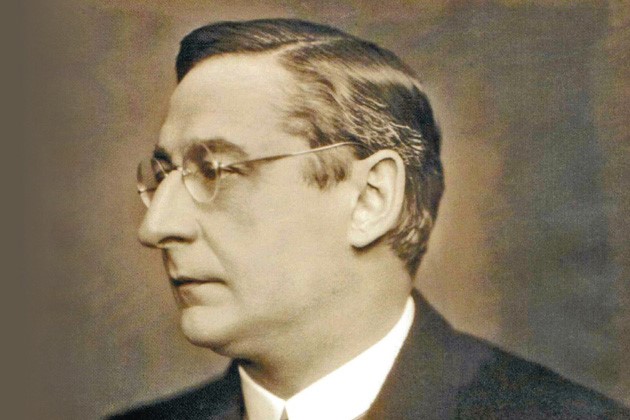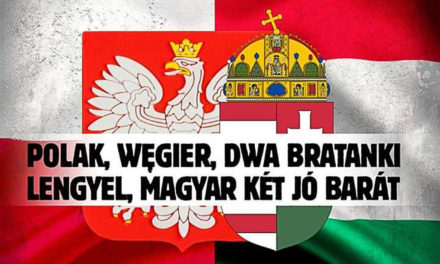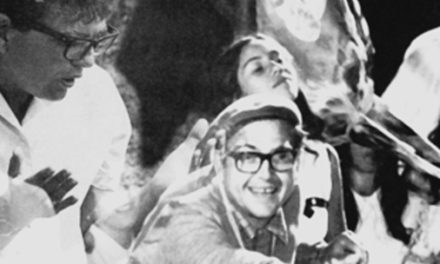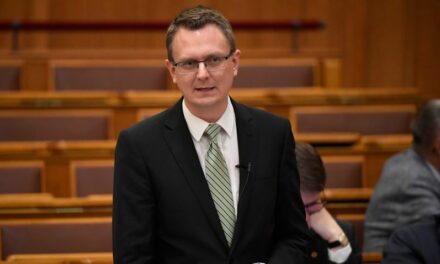On October 11, 2022, we commemorate the ninetieth anniversary of the death of Kuno Klebelsberg - Katalin Csizy begins her article, which can be read on the website of the Hungarian Research Institute.
Count Kuno Imre Aurél Ferenc Klebelsberg of Thumburg was born into a military family in Magyarpécska, Arad county, his father was a captain of the 14th hussar regiment of the imperial and royal army, and his mother Aurélia Aranka Farkas, also of noble origin. In 1877, after the death of the father, the family moved to Székesfehérvár, Kuno lived for a while under the guardianship of his maternal grandfather. He completed his high school studies at Szent István Cistercian High School in Fehérvár, after which he studied law, among others, at the University of Munich and in Paris, within the walls of the Sorbonne. In 1899, he married Sarolta Emília Botka of noble origin, with whom he lived a happy marriage until the end of his life.
He initially worked as a judge, then during the second prime ministerial term of his role model, count István Tisza, he was appointed state secretary of the Ministry of Religion and Public Education, and from 1916 he was appointed political state secretary of the prime minister's office, where he gained insight into the organization of education, and in the same year he became a representative of the National Labor Party in the parliament became. During the Aster Revolution, he condemned the activities of Mihály Károlyi, and a year later worked together with István Bethlen to organize a Christian party. In 1919, after the left-wing takeover, Klebelsberg found refuge in Kétégyháza, the rural estate of the Almásy family, against the reprisals of the Soviet Republic.
In 1922, he won a mandate as a member of the United Party. In December 1921, he became the Minister of the Interior in Count István Bethlen's government, and after the 1922 elections, he was given the portfolio of the Minister of Religion and Public Education, a position he held until Bethlen's resignation.
The main objectives of his education policy can be summarized as follows: the eradication of illiteracy, the establishment of public schools, the construction of which began in 1925. It is to his name that eight-grade public schools were introduced into law (Article VII of 1926), he also initiated the three-pronged secondary school system, and tried to introduce and implement several reforms in teacher training and girls' education.
At this time, the National People's School Construction Fund was established, which financed the establishment and maintenance of these educational institutions. Within the framework of the enterprise, they built schools that were well-equipped for the conditions of the time and provided with teachers' apartments, which became well-organized centers of rural cultural life, as a library was also connected to them, and at the same time programs were also provided for the adult audience.
Kuno Klebelsberg also made indelible merits in the organization of Hungarian scientific life and higher education: he provided a subsidy to the Hungarian Academy of Sciences, he was the founder of the Széchenyi Society, in 1922 he established the so-called National Hungarian University and its advisory board, supplemented by other cultural institutions under its jurisdiction, such as the Hungarian National Museum and the National Széchényi Library, which it also enriched with collection departments. The first step in the development of rural universities was aimed at supporting medicine, since clinics were first established in Debrecen, Pécs and Szeged to reduce child mortality to a certain extent.
In June 1928, Count István Bethlen wrote about Klebelsberg's cultural policy aspirations as follows:
"The Minister of Culture asked me to write a foreword to his book "Neonationalism". I am all the more pleased to comply with the honoree's request, because the words he uttered express the basic ideas of the policy that I myself represent. This is the basic idea: the adaptation of the national ideals and world of thought of the Hungarians, who live in conditions that have changed to their roots, to the new circumstances and the designation of the unbroken paths along which the reconstruction of the country can take place."
(Count Klebelsberg Kuno: Neonationalism, Budapest, Athenaeum, É.n., Foreword)
One of the no less important elements of this cultural policy adapted to European standards is the promotion of the studies and progress of Hungarian students abroad: the Collegium Hungaricum, founded by Klebelsberg, provided effective assistance in Vienna, Berlin, Paris, and Rome, among others, and continue to provide effective assistance to this day.
In addition to intellectual training, our excellent Minister of Culture also paid great attention to physical education, realizing the duality of the Greek ideal of education - that of the Muses and that of gymnastics. The founding of the College of Physical Education and the establishment of the national sports pool in Margitsziget are also attributed to him.
On October 11, 1932, ninety years ago, the Korányi Clinic in Budapest announced the death of the Minister of Culture on October 11, 1932. too.
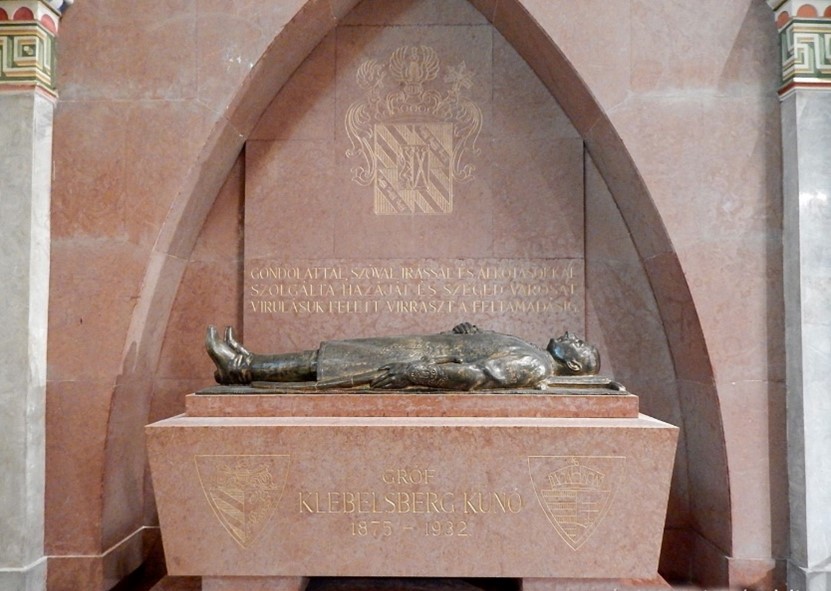
Katalin Csizy's entire article can be read on the website of Hungarian Research Institute

